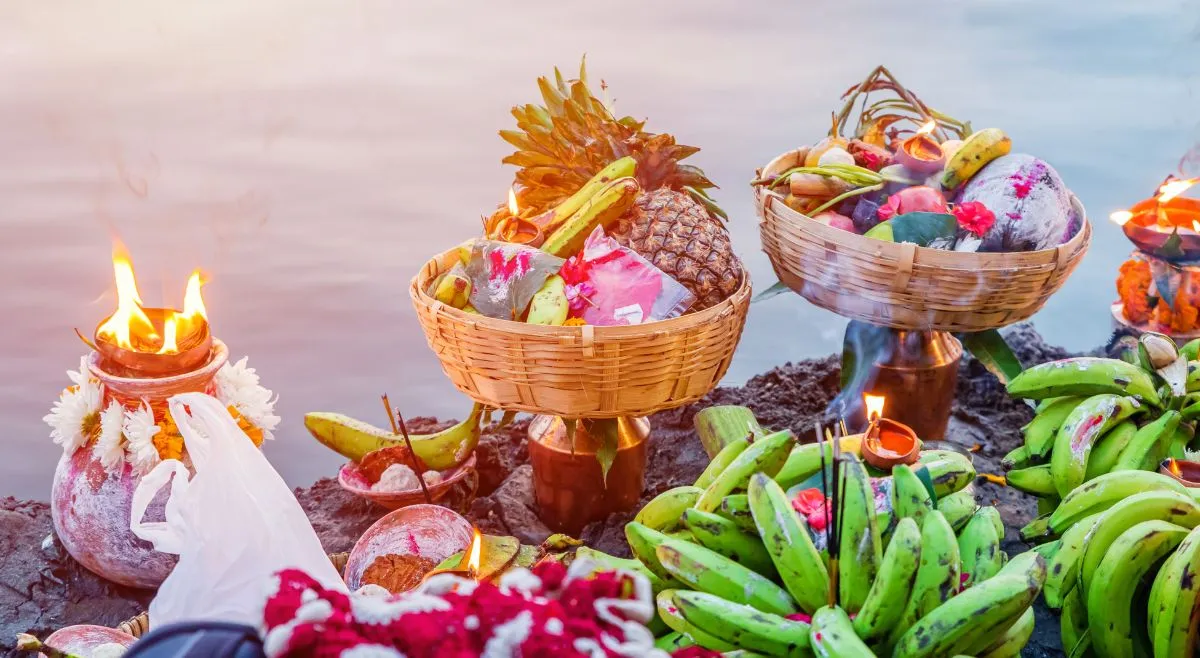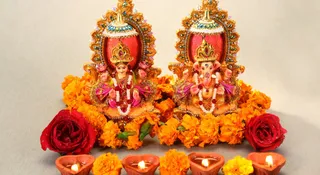- By Ridam Sharma
- Fri, 24 Oct 2025 07:34 PM (IST)
- Source:JND
The auspicious Hindu festival’s rituals that are performed without a priest are the Chhath Puja. The festival is an age-old tradition that is celebrated for four days. It is celebrated across Bihar, Jharkhand, Uttar Pradesh and in the Nepali Terai. The festival is all about utmost devotion, discipline and direct communing with the Sun God.
The rituals that make Chhath Puja different from the rest are its focus on purity and self-control without the intervention of priests. The festival takes place for four days, and all the rituals are performed by the devotees themselves. The gap between the devotees and the God brings out the fundamental faith that worship is all about direct communication between the worshiper and the deity- in this case, Surya Dev (the Sun God) and Chhathi Maiya.
The Four-Day Long Chhath:
Day 1 is known as the Nahay Khay. On this day, devotees perform a sacred bath in rivers and eat sattvic foods, which pre-establishes the spiritual atmosphere for the other fasting days ahead.
Day 2 is known as the Kharna. It is day one of fasting. As evening nears, priests and worshippers end their fast by doing rituals and consuming prasad (kheer and chapati) whilst chanting some of the traditional prayers.
Also Read: Chhath Puja 2025: Why Devotees Worship Chhathi Maiya During Chhath Mahaparv?
Day 3 is Sandhya Arghya. On the day, women and men come together at the banks of rivers or other water bodies, and pay arghya (water and offerings) to the setting Sun. It is a touching communal action, totally unassisted by priests.
Day 4 is Usha Arghya. This is the end of the fast, where the devotees worship the rising Sun. Devotees pray, and the rigorous fast ends with this 36 hour fast consuming prasad with family and community.
Recommended For You
Also Read: Chhath Puja 2025: 30+ Trendy Chhath Songs For Instagram Reels And WhatsApp Statuses
The idol worship does not exist, and rituals are associated primarily with folk tradition and memory of the community. This is what makes Chhath a people festival- a tradition that has remained pure, only between God and his devotees.





